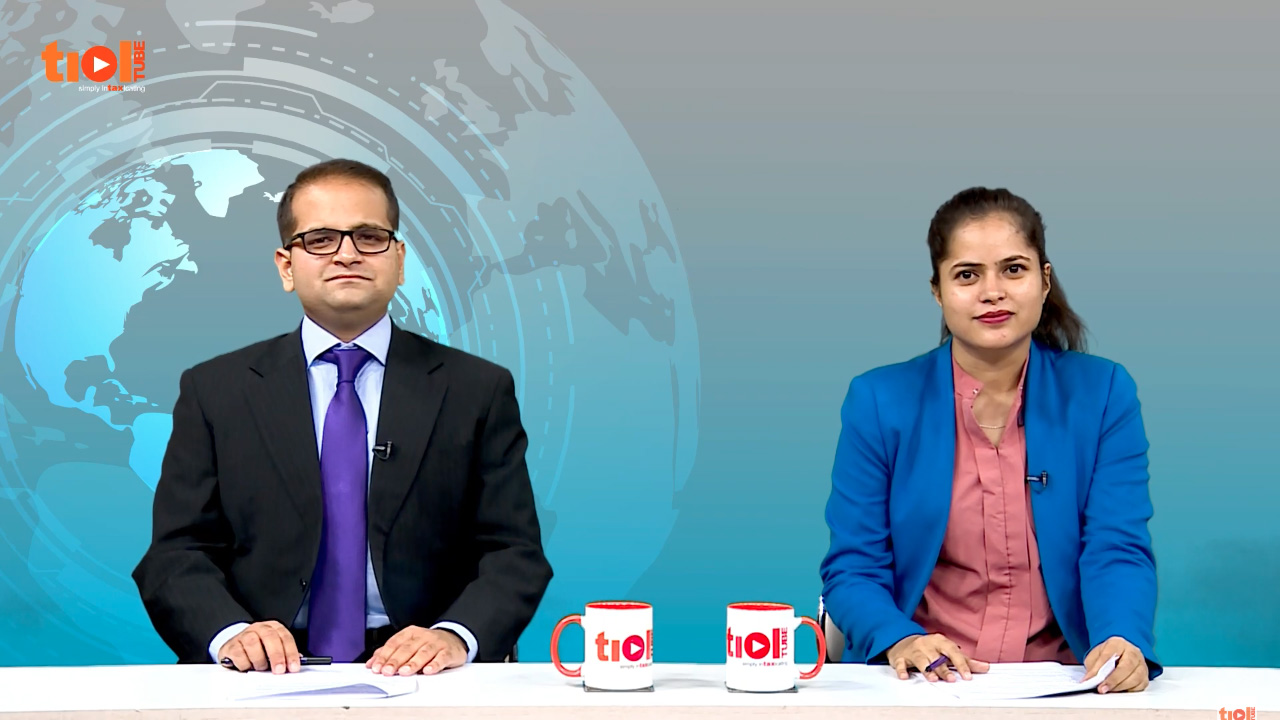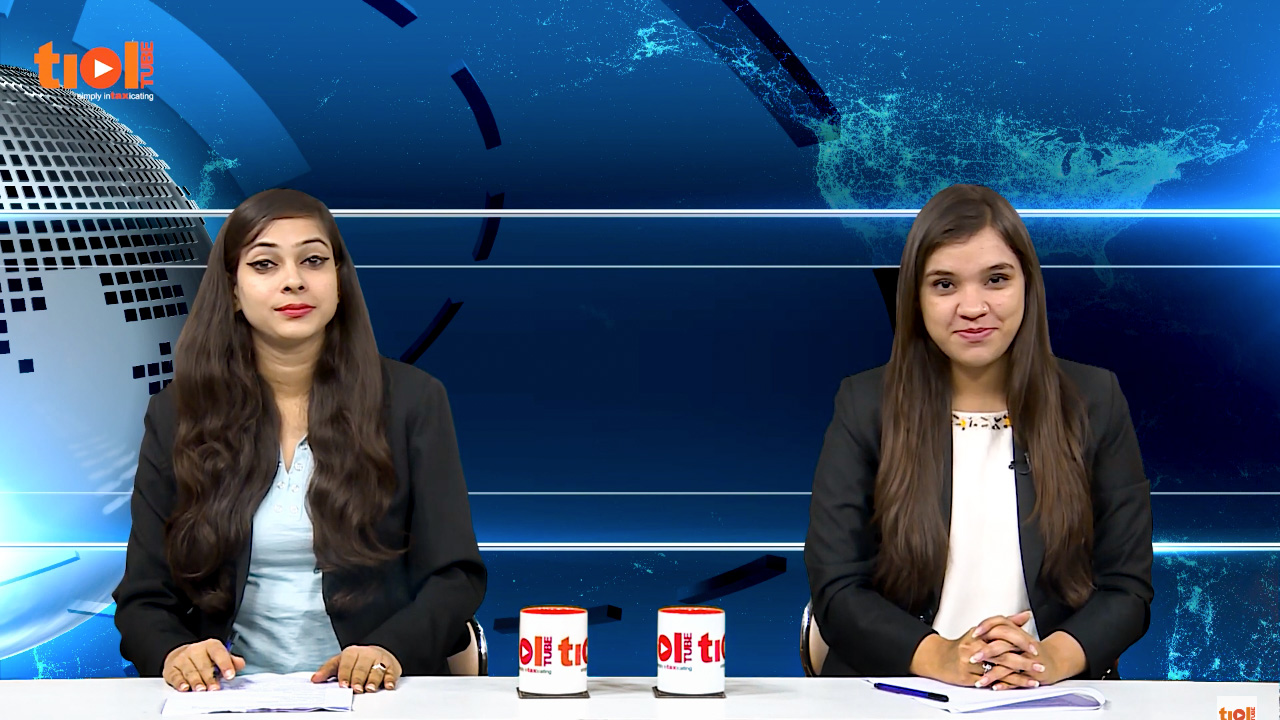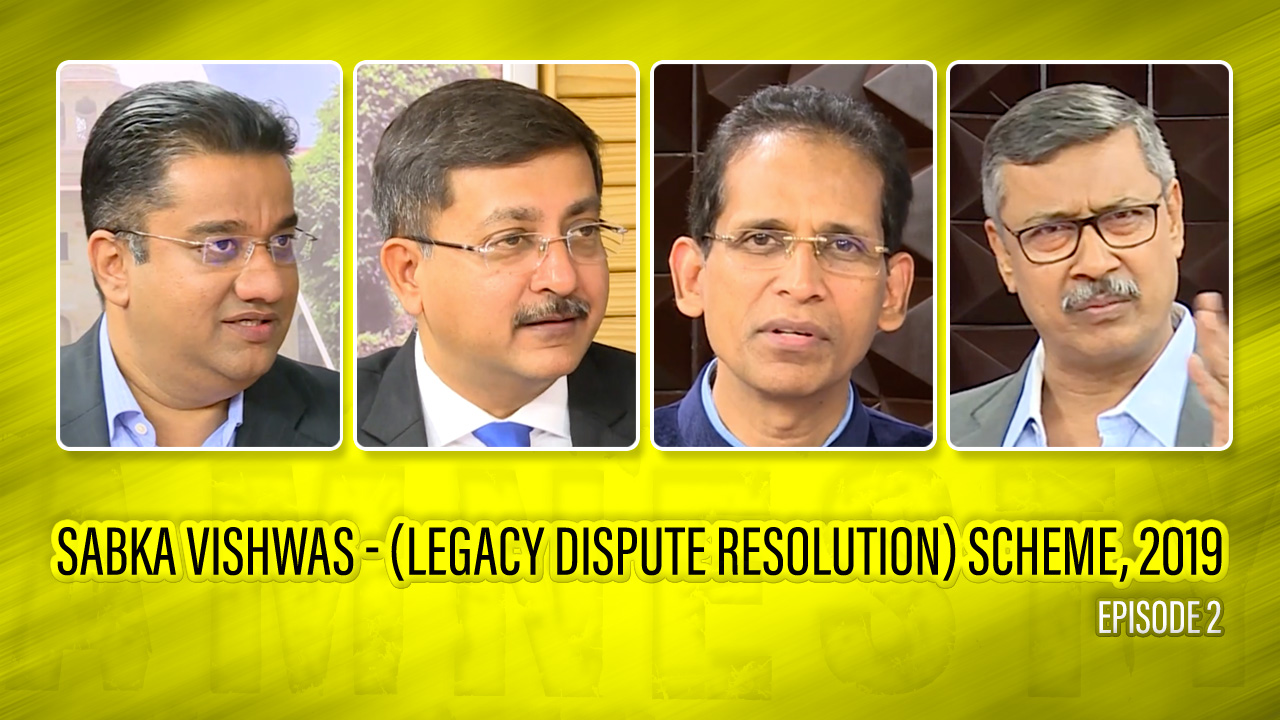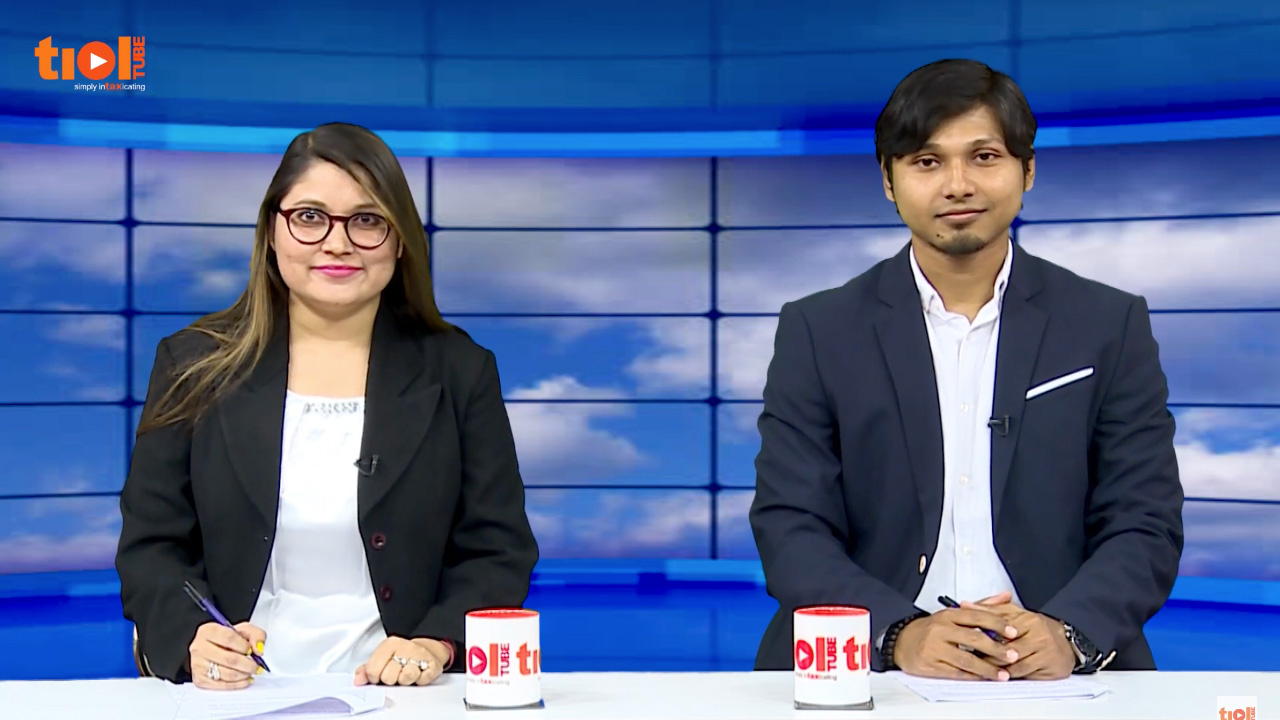|
SERVICE TAX
2019-TIOL-3278-CESTAT-MAD
Bny Mellon Technology Pvt Ltd Vs Commissioner of GST & CE
ST - Refund - Rule 5 of CCR, 2004 - Issue relates to denial of refund in respect of membership fees, insurance service and Krishi Kalyan Cess - With regard to rejection of refund claim in respect of membership fee, assessee has availed such services for obtaining membership in NASSCOM - It is established from the argument as well as the facts that the assessee is required to take membership in such trade association so that it could help them to keep updated with the changes in the market - The Tribunal in the case of Northern Operating Services P. Ltd. has allowed credit in respect of membership fees - Following the same, the rejection of refund cannot sustain - As regards to rejection of refund claim in respect of insurance services, said services are availed by assessee for meeting the loss that may result on account of any wrong decisions taken by top most officers - This indemnification would help the company in cases of wrong decisions or wrong acts by the persons in the capacity as Directors and officers - The rejection of refund is unjustified and the same is set aside - As regard to rejection of Krishi Kalyan Cess, on perusal of returns, it is seen that the assessee has in fact debited the amount for the said period - The rejection is wrong on facts and therefore, same is set aside - Impugned order set aside and appeal allowed with consequential relief: CESTAT
- Appeals allowed: CHENNAI CESTAT
2019-TIOL-3277-CESTAT-ALL
Central Industrial Security Force Vs CC, CE & ST
ST - The issue involved is whether the other expenses incurred can be included in assessable value for assessment of service tax of services provided by service provider - The service provider is Central Industrial Security Force who was providing security service to Airport Authority of India - On the emoluments paid to CISF, CISF was paying service tax - It appeared to revenue that certain other expenses incurred should be included in assessable value for the purpose of assessment - The said expenses were Medical Services, expenses on vehicles provided, expenditure on Dog Squad, Stationery Expenses, Telephone Charges and Expenditure incurred on accommodation - The Delhi High Court held in the case of Intercontinental Consultants & Technocrats Pvt. Ltd. - 2018-TIOL-76-SC-ST that provisions of Rule 5 of Service Tax (Determination of Value) Rules, 2006 were not in accordance with the provisions of Section 67 of FA, 1994 and therefore, the reimbursable expenses paid to the service provider are not includable in the assessable value - The Supreme Court has upheld the said decision of Delhi High Court and held that Section 67 of FA, 1994 authorizes only such consideration which is received by service provider for assessment of service tax - By following the said ruling of Supreme Court, the impugned order is not sustainable: CESTAT
- Appeal allowed: ALLAHABAD CESTAT
CENTRAL EXCISE
2019-TIOL-3276-CESTAT-DEL
Canadian Speciality Vinyls Vs Commissioner of CGST
CX - The assessee is engaged in manufacture of PVC films, sheets and coated textiles and availing 'Area Based Exemption' - The assessee set up another unit adjoining the earlier one for manufacture of the same products, and applied for registration on 2.12.2013 in the prescribed form-A - They were granted registration and started production, and were paying duty and also availing cenvat credit - On post verification, superintendent inspected the premises and reported that assessee had another unit adjoining a new unit, availing Area Based Exemption, the partners of said two units are the same and thus, the two units were not entirely separate - Further, the raw materials and finished goods were also the same for both the units - It appeared to Revenue that there will be mis-use of Area Based Exemption, and accordingly, by order dated 16.09.2014, the Asstt. Commissioner of Central Excise was pleased to revoke the registration of new unit - It further appeared to Revenue that as the assessee had availed cenvat credit on inputs, they were required to reverse the cenvat credit on inputs lying in stock, treating it at par with the goods removed as such, as provided under sub-rule 3(5) of CCR, 2004, at the time of closure of their unit - It is an admitted fact that the assessee have not removed any inputs as such - Rule 3(5) applies or provides for reversal of duty on inputs, which are removed as such - Thus, the SCN is mis-conceived as the same is issued alleging that Rule 3(5) of CCR is applicable - Further, SION norms are not applicable in the facts and circumstances - It is not the case of Revenue that the assessee have not maintained proper records of receipt of inputs and its utilization - Under the provisions of Rule 11 of CCR ( which is not invoked in the SCN ), the assessee is required to reverse the cenvat credit lying unutilized in its books of accounts, on the date, its final product/output become exempt - Accordingly, the impugned order is set aside: CESTAT
- Appeal allowed: DELHI CESTAT
2019-TIOL-3275-CESTAT-DEL
Devi Iron And Power Pvt Ltd Vs CC, CGST & CE
CX - The assessee is engaged in manufacture of sponge iron and availing cenvat credit of duty paid on inputs and capital goods and service tax paid on input services and are utilizing such credit towards payment of duty on their final products - Department observed that while using the said input of iron ore, the assessee is manufacturing dutiable final products, as well as the exempted goods i.e. iron ore fines, but were not maintaining separate accounts as is required in accordance of Rule 6 (3) of CCR, 2004 - Resultantly, it was alleged that an amount of Rs.4,29,153/- has not been paid by assessee - The Supreme Court's decision in the matter of DSCL Sugar Ltd. - 2015-TIOL-240-SC-CX has clearly laid down that bagasse is agricultural waste of sugarcane and the waste and residue of agricultural products, during the process of manufacture of goods cannot be said to be result of any process - "Bagasse" is not 'goods' but merely a waste or by-product, therefore Rule 6 of CCR, 2004 is not applicable - In the present case, the iron fines are bound to emerge during crushing of iron ore used for manufacturer of final product - No extra procedure is required for emergence of iron fines - Hence, the fines cannot be called as manufactured product - The above decision of Apex Court shall squarely cover the facts and circumstances of present case - The Board's Circular dated 25.04.2016 has no application on the facts of the instant case for two reasons; firstly, no Circular can override the Rules as well as the law laid down by Supreme Court and the orders of this Tribunal, and secondly, the said Circular was issued on 25.04.2016 i.e. on a later date, whereas the period in dispute is March, 2015 to June, 2015 - The order under challenge is hereby set aside: CESTAT
- Appeal allowed: DELHI CESTAT
CUSTOMS
2019-TIOL-3274-CESTAT-MUM Apco Infratech Pvt Ltd Vs CC
Cus - The assessee had imported "Hot mix plant" under Notfn 21/2002-Cus. - The plant was never utilized as provided under the conditions of notfn - The contention of assessee that they were eligible for multiple road construction contract issued by Govt. of U.P. for different road construction sites does not mean that the condition of notification has been followed - In fact the plant was never used for such contracts as canvassed by assessee during the importation of goods and claiming exemption - The assessee has not adduced single evidence that they have followed the conditions of notification - They declared that they had contracts awarded by state of U.P. wherein the imported plant would be used - However, they never used the said imported equipments in state of U.P. for construction of road - Instead they used the plant as a sub-contractor in state of Rajasthan and Tamilnadu, but even in these cases also they were not named as sub-contractor in the contract awarded for construction of road - As per the conditions of exemption notification, an importer can claim the benefit of exemption provided they are named as sub-contractor for construction of road - Even this condition was not satisfied - It clearly shows that the assessee never complied with the conditions of the exemption notification and has knowingly violated the conditions - Since the conditions of notfn were not complied with and it is very clear that the same were never intended to be complied with, the impugned order confirming demand, penalties and confiscation of goods has been rightly passed - The officers had handed over the plant for safe custody after seizure and the same could not have been used without permission from the department - Shri Anil Singh, Managing Director was fully aware about the benefits likely to accrue by availing ineligible notification and use of machine and therefore in such case his complicity in deliberate violation of the condition of notification is apparent - However in case of Shri V. S. Rao, Chief Manager (F & A), he was only concerned with the taxation matter to the extent of availing benefit of exemption notification and was not concerned/ connected with the decision to use machine and his role in violation of condition is also not visible - Therefore, he cannot be burdened with penalty - Resultantly, the impugned order is upheld in as much as it has confirmed demand, confiscation of goods and penalties against M/s Apco and Shri Anil Singh - However, the penalty imposed upon Shri V. S. Rao is set aside - The impugned order is modified to said extent - The appeals filed by M/s Apco Infratech and Shri Anil Kumar Singh is rejected and the appeal filed by Shri S.V. Rao is allowed: CESTAT
- Appeals partly allowed: MUMBAI CESTAT | |







